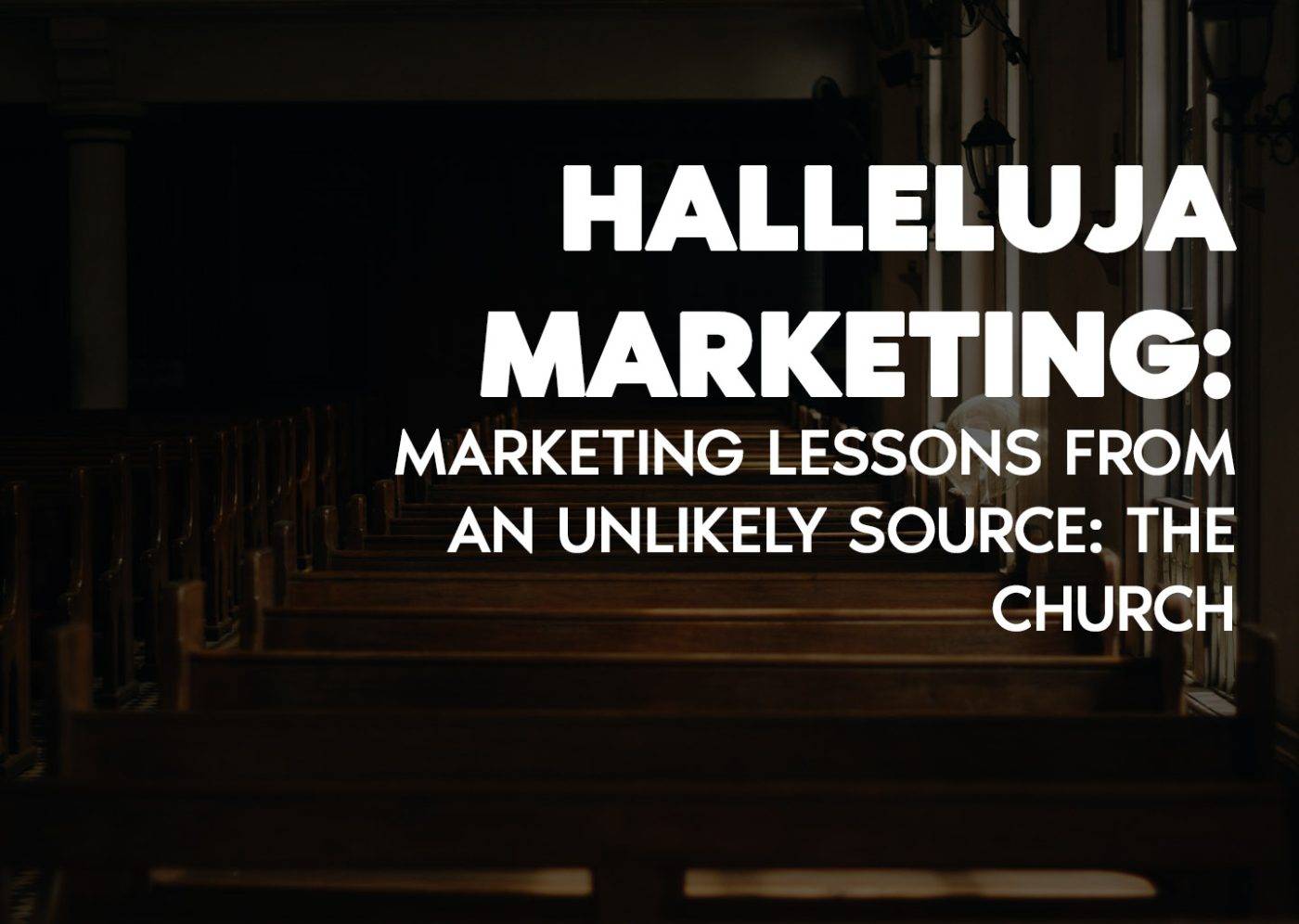
As a brand strategist, I often find lessons in the unlikeliest of places. This time, my muse is the church. And no, I’m not suddenly experiencing divine revelation. Rather, my recent brush with death afforded me the opportunity to stand as an observer, analyzing the church through my professional lens – as a brand.
1. Selling Solutions, not Products
The church excels in offering solutions, not peddling products. They sell salvation from eternal damnation, and forgiveness for human transgressions. The physical offerings, such as time, resources, or monetary tithes, are secondary. This ‘solution-oriented marketing’ is a powerful approach that any brand can emulate. When customers see your product or service as a solution to their needs, they are more likely to engage.

2. Cultivating a Loyal Tribe
The church doesn’t just accumulate followers; it builds a devoted community – a tribe. The feeling of inclusivity fostered within the church’s four walls engenders brand loyalty, a valuable commodity in any business. Successful brands foster a similar sense of belonging, transforming their customers into brand advocates.
3. The Subscription Model
In churches, the concept of tithing is an ancient form of a subscription model. Congregants make a recurring ‘payment’ for continued spiritual services. Subscription models ensure a steady income stream and can work exceptionally well in businesses where value persists over time.
4. Emotive Marketing
As the collection plate passes around, soft music fills the air, and emotive language encourages participation. This emotional appeal makes giving feel like a divine duty rather than a mere transaction. Brands, too, can harness the power of emotions to connect with their audience on a deeper level.

5. Ignoring the Competition
Lastly, churches set themselves apart through strategic branding, not through competitive undercutting. In Africa, it’s common to find streets teeming with different churches, each with its own devoted following. Brands can learn from this by focusing on their unique values and mission, rather than obsessing over competition.
6. Cult-Like Branding
In Zambia, the Seventh-day Adventist Church (SDA) has adopted a sort of cult-like branding strategy. Members consider their co-religionists as family, introducing themselves through their church affiliation. This demonstrates the power of a strong, relatable brand identity that promotes a sense of belonging.
In conclusion, the church – a seemingly unconventional teacher – offers invaluable lessons in brand strategy and marketing. From solution-oriented marketing, building brand loyalty, adopting a subscription model, to leveraging emotive marketing and ignoring competition, these principles can guide businesses to create effective strategies. Remember, effective marketing isn’t about selling products but offering solutions, and the church exemplifies this brilliantly.



